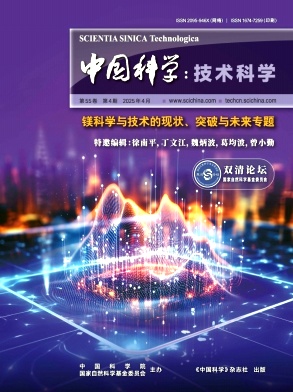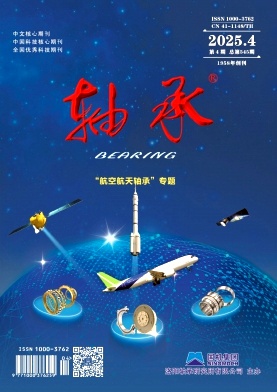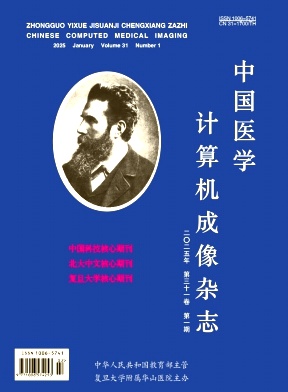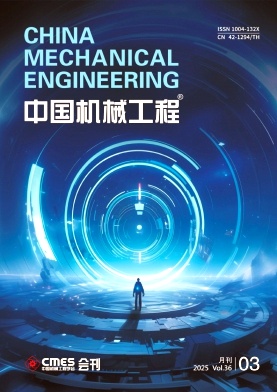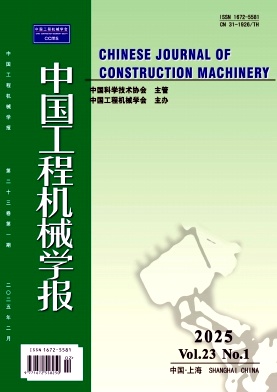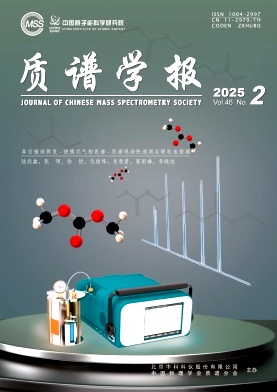中國科學(xué):技術(shù)科學(xué)投稿須知
The manuscript should not be submitted to more than one journal for simultaneous consideration.
The manuscript should not have been published previously (in part or in full), unless the new work concerns an expansion of previous work (please be transparent on the re-use of any materials to avoid any doubt of text-recycling (“self-plagiarism”)).
A single study should not be split up into several parts to increase the quantity of submissions, then submitted to various journals or to one journal over time (eg “salami-publishing”).
No data should be fabricated or manipulated (including images) in order to support conclusions.
No data, text, or theories by others should be presented as if they were the authors' own (“plagiarism”). Proper acknowledgements to other works must be given (this includes any materials that are directly cited, summarized and/or paraphrased). Quotation marks are used for direct citation of materials, and permission must be secured for material that is copyrighted.
Important note: the journal may use software to screen for plagiarism.
All co-authors and responsible authorities where the work was carried out must give their consent to publish before the work is submitted.
Authors whose names appear on the submitted paper have contributed sufficiently to the work and therefore share collective responsibility and accountability for the results.
In addition:
Changes in authorship or in the order of the authors' names are not accepted once the manuscript has been accepted. Requests to add or delete authors at the revision stage or after publication is a serious matter and may be considered only after receiving written approval from all authors with a detailed explanation about the role/deletion of the new/deleted author. The decision to accept or decline the change rests with the Chief Editor of the journal.
Upon request, authors should be prepared to send relevant documentation or data to verify the validity of the results. This could be in the form of raw data, samples, records, etc.
If there is any suspicion of misconduct, our board will carry out an investigation following the COPE guidelines. If the allegation seems to raise valid concerns, the accused author will be contacted and given an opportunity to address the issue. If misconduct has been proven, it may result in the implementation of certain measures, for instance:
If the article is still under consideration, it may be rejected and returned to the author(s).
If the article has already been published online, depending on the nature and severity of the infraction, either an erratum will be placed with the article or, in severe cases, the article will be completely retracted. The reason must be given in the published erratum or retraction note.
The author(s)' institution may be informed for the misconduct.
Statement of Human and Animal Rights
When reporting studies that involve human participants, authors should include a statement confirming that the studies have been approved by the appropriate institutional and/or national research ethics committee and have been performed in accordance with the ethical standards laid down in the 1964 Declaration of Helsinki and its later amendments, or other comparable ethical standards.
If doubts exist about whether or not the research was conducted in accordance with the 1964 Helsinki Declaration or other comparable standards, the authors must explain the reasons for their approach, and demonstrate that a qualified ethics committee or institutional review board has explicitly approved of the doubtful aspects of the study.
The following statements should be included in the text before the References section:
Ethical approval: “All procedures performed in studies involving human participants were in accordance with the ethical standards of the institutional and/or national research committee and with the 1964 Helsinki declaration and its later amendments or comparable ethical standards.”
The welfare of animals used for research must be respected. When reporting experiments on animals, authors should indicate whether the institutional and/or national guidelines for the care and use of animals were followed.
中國科學(xué):技術(shù)科學(xué)編輯部地址
編輯部地址是北京東黃城根北街16號。
中國科學(xué):技術(shù)科學(xué)創(chuàng)刊時間
創(chuàng)刊時間是:1950。
中國科學(xué):技術(shù)科學(xué)主編
主編:何雅玲
